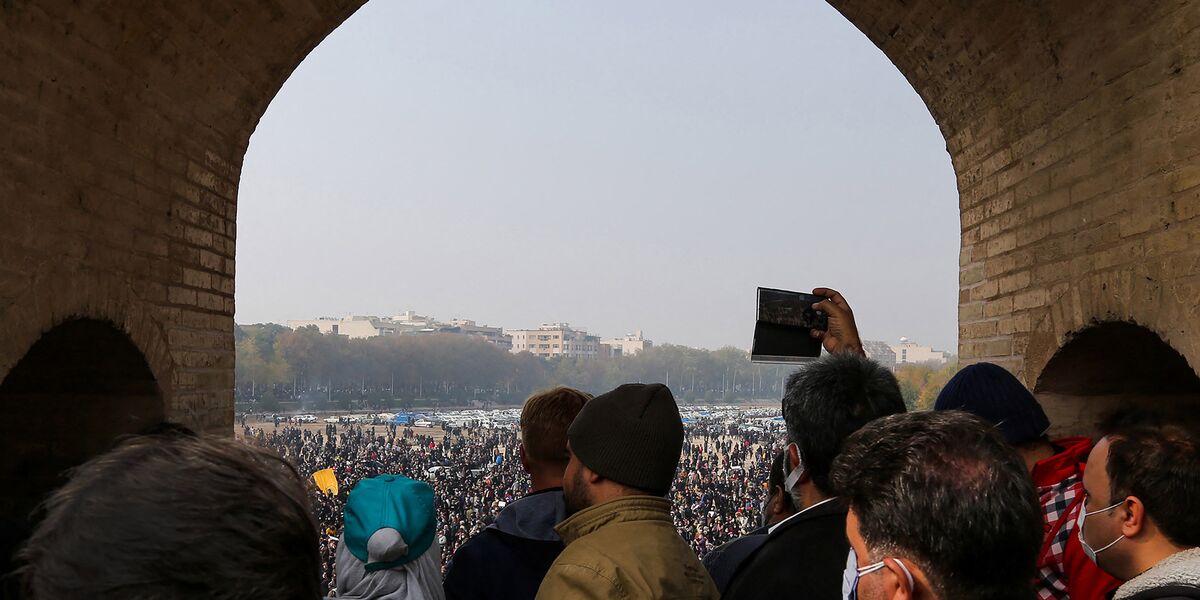Gold Supporter
- Messages
- 24,463
- Reactions
- 37,077
Buy filters there is plenty of water out there, but most of it is not potable. Water is difficult to store and maintain in potable condition. Store what you reasonably can in durable containers but store filters and or treatments in case things get real bad.
Last Edited:














